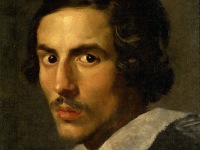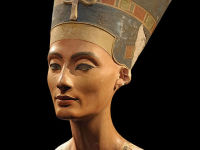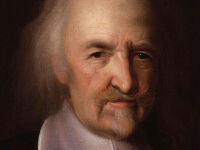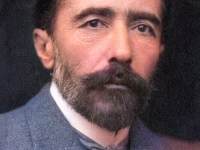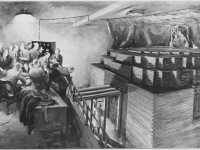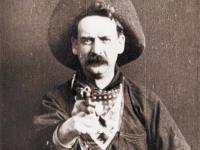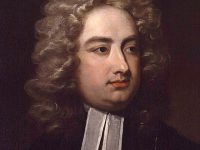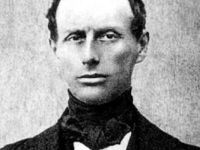Gian Lorenzo Bernini – Master Architect and Sculptor of the Italian Baroque
On December 7, 1598, Italian architect and sculptor Gian Lorenzo Bernini was born. He is considered to be the leading sculptor of the baroque age. In addition he designed buildings, painted, wrote plays, and designed metalwork and stage sets. Whenever you are be in Rome, for sure you will find yourself somewhere in the neighborhood of Bernini’s artwork. “What we have is given by God and to teach it to others is to return…
Read more











